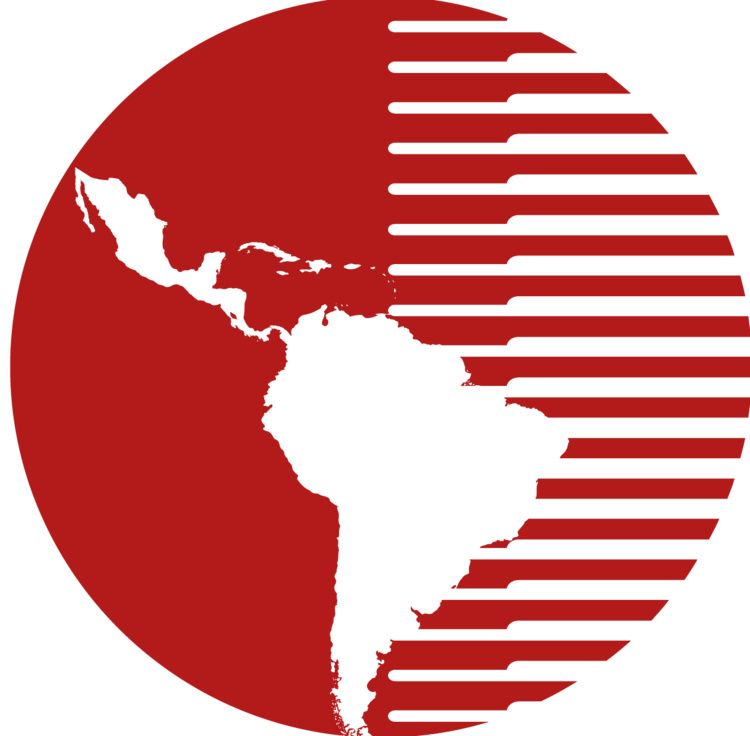
Socio-Eco Benefits of Collective Rice Certification in the D.R. – Polson Institute & LACS
This Seminar is a collaboration of the Polson Institute and the Latin American and Caribbean Studies Program
Dr. Frederick Payton leads programs that enhance biodiversity conservation and improve the economic performance and social responsibility of local, national and international food systems, with particular focus on improving livelihoods of small-scale farmers and artisanal fishers. Dr. Payton has worked at the Institute of Community and Area Development and the Office of International Agriculture at the University of Georgia and was a senior scientist and interim director of the International Potato Center’s Central American and Caribbean regional office. Dr. Payton has served on the board of directors of Organic Farming Research Foundation, Henry A. Wallace Institute for Alternative Agriculture and Georgia Organics. He holds a Ph.D. in Horticulture from Cornell University.”
Dr. Michael Cox is an environmental social scientist who studies environmental policy and governance with a focus on community-based natural resource management. He has conducted empirical fieldwork-based analyses of irrigation systems in the Southwest United States, Peru and Kenya. His current empirical work is focused on community-based fisheries and rice farming systems in the Dominican Republic, where he collaborates with AgroFrontera, a local Dominican NGO.
He is the co-founder and co-host of the In Common Podcast, which is the official podcast of the International Association for the Study of the Commons: incommonpodcast.org.
Dr. Cox is finishing a book project on environmental property rights, to be published in 2023.